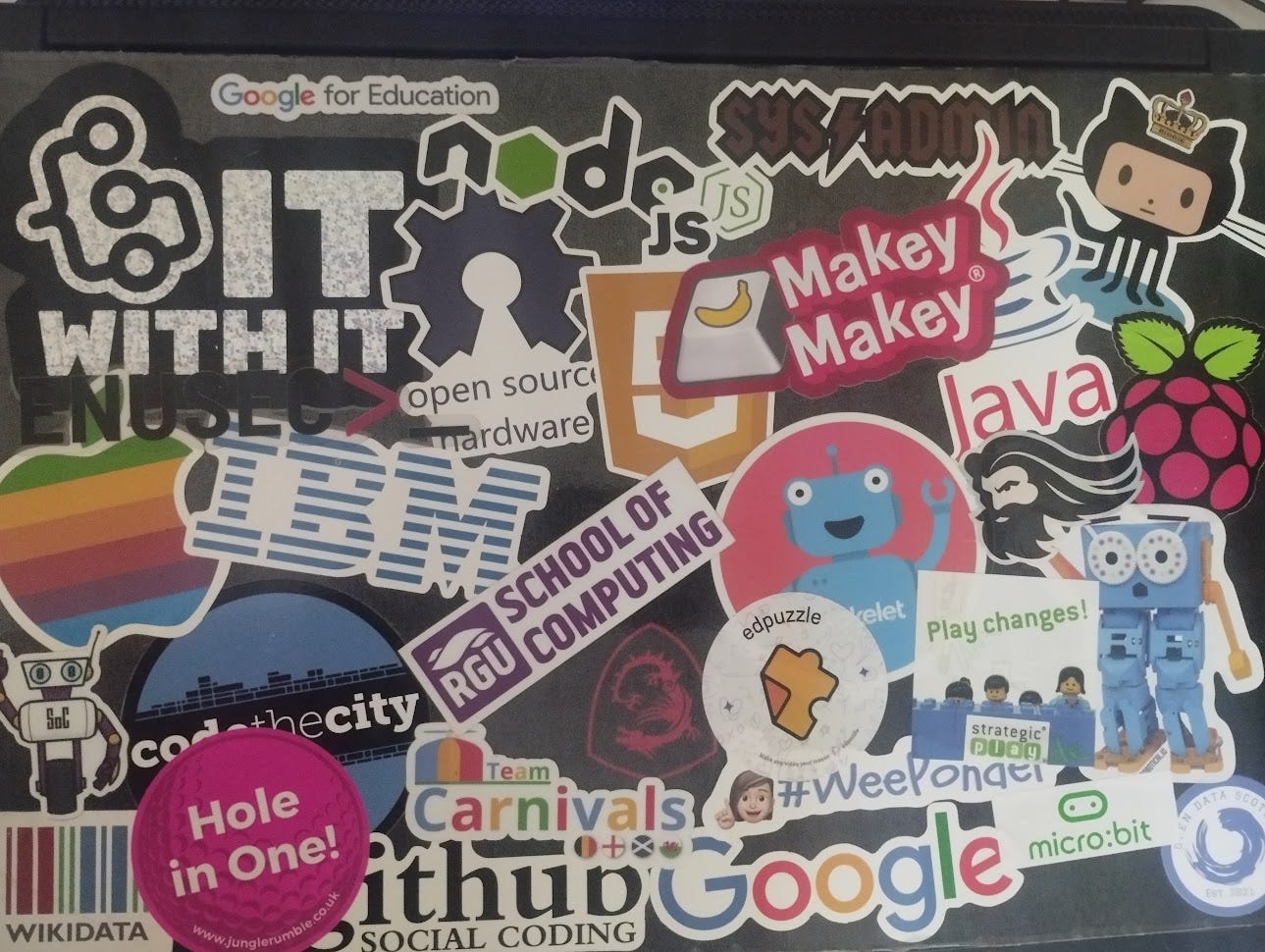Weeknote 31+32/2025: Turning off autopilot
Learning how to live a little more in the present
Hello!
I think it’s a good time to address one of the reasons I began this Substack two years ago and highlight some (frankly quite obvious) warning signs that you are focusing on the wrong life priorities.
A few years ago now, when I lectured at college, one of my students described how they added clear sticky-back …



